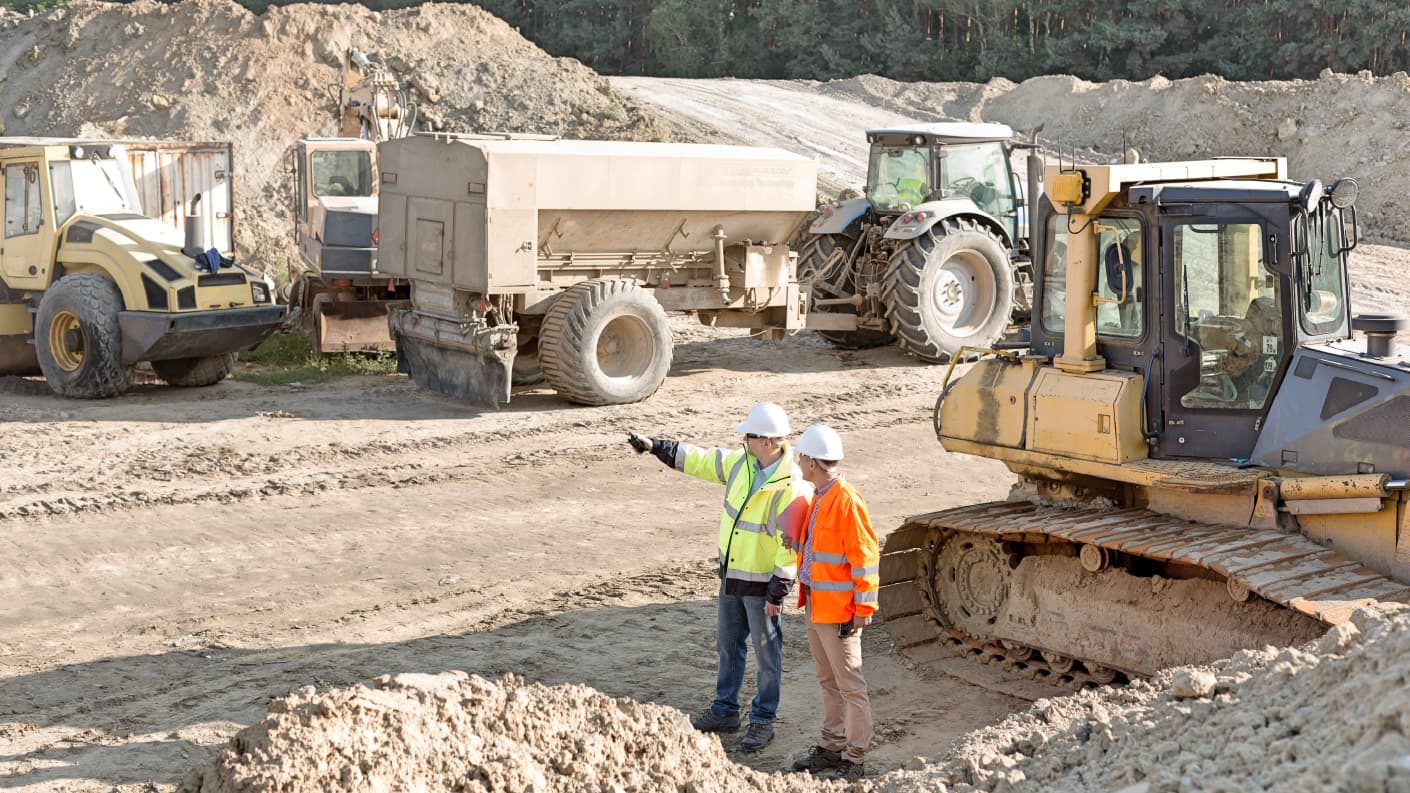Commercial construction offers exciting opportunities but comes with challenges.
In short:
- Profit Potential: Projects like office buildings and stores usually have bigger budgets, which can help you make more money.
- Portfolio Growth: Working on buildings like schools helps more people see your work and can lead to bigger jobs.
- Longer Payment Schedule: Getting paid can take up to 90 days, so strong financial planning may be needed while you wait.
- Higher Risks: There are more challenges because the contracts are complicated, the work can be dangerous, and there are a lot of rules to follow.
The Pros and Cons of Commercial Construction: What You Need to Know
Commercial construction can be a great way to grow your business—but it also comes with challenges. Even if you’re experienced in residential construction, there’s a lot to learn when moving into the commercial sector. Let’s break down the pros and cons so you can feel prepared for commercial work.
Pros
Profit More Per Project
Commercial jobs usually pay more than residential ones. These projects—such as office buildings, retail stores, and data centers—often have big budgets. Not only that but according to IBISWorld, the U.S. commercial building market is worth over $307 billion as of 2025, meaning there are lots of opportunities to profit from commercial building projects. If you manage your time and budget well, just one big job can be a huge win for your business.
Get Your Work Noticed
Commercial construction sites are hard to miss. When you work on a project like a new office or school, your work is out in the public. These high-visibility projects help you build a strong portfolio and attract even bigger jobs in the future.
ConstructConnect® Project Intelligence shows your completed projects on your company profile, helping others see your experience and trust your skills.
Gain More Networking Opportunities
Working on commercial jobs means connecting with other professionals—including architects, engineers, and other contractors. The commercial industry also has many trade shows to attend and associations to join. Taking advantage of these opportunities can lead to steady referrals and partnerships.
ConstructConnect has a network of thousands of contractors and other construction professionals, making it easier for you to meet the right people and grow your business.
Cons
Payments Can Take Longer
Even though commercial jobs tend to pay more, receiving payment for a project often takes longer. In many cases, it can take up to 90 days after you send an invoice to get paid. You’ll need a good financial plan to cover costs while you wait.
There's More Risk
Commercial jobs have higher risks, such as bigger contracts, more legal steps, and additional safety hazards. You may need higher insurance coverage. Plus, there’s more at stake if something goes wrong.
Deadlines Are Stricter
Businesses want projects finished quickly to minimize revenue loss. That means tighter deadlines and more pressure to stay on schedule.
Use tools like ConstructConnect’s free Bid Center to stay organized before you win the job. Keeping your team on track early makes a big difference later.
Taking the Next Step
Commercial construction can be rewarding but requires planning, skill, and the right tools.
For a deeper dive into commercial construction, download our free guide for contractors moving from residential to commercial construction.
Interested in how ConstructConnect Project Intelligence can help you find the right projects, grow your network, and submit winning bids? Schedule a live demo today.
